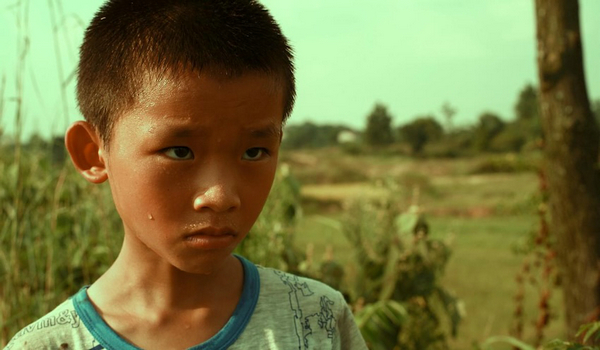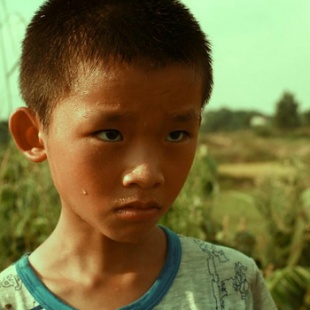Exploring the significance of rural themes in film


Director Xun Weiping’s art house film, The Earth Abides, recently held a seminar in Beijing where critics and industry insiders discussed the societal significance of rural-themed films.
Set in a southern Chinese village, the story follows an 8-year-old boy living alone with his grandfather after his parents leave to work in the city. The family’s stability is threatened when their plow ox — a crucial source of livelihood — goes missing, pushing the boy to the brink of despair. Tragically, eight years later, history repeats itself in a devastatingly similar way.

Zhen Zhongyi, principal of the Hebei Academy of Fine Arts, which financed the film, said the movie — which took a decade to make — marks an effort to explore the urban-rural relationship and the emotional struggles of “l(fā)eft-behind children”, referring to those who remain in rural villages when their parents migrate to cities for work.
Zheng Yang, editor-in-chief of the monthly magazine Popular Cinema, described the film as a “serene and beautiful rural prose poem”. He added that its use of long takes meticulously captures the beauty of labor — from farmers bending to plant seedlings to rice ears swaying in the wind — immersing the audience in the fragrant rice fields and vividly evoking the bustling atmosphere of farm work with striking realism.





































